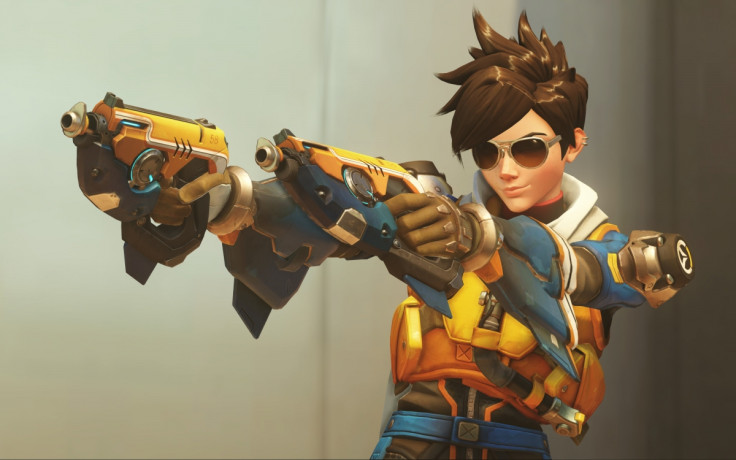Blizzard's Jeff Kaplan reveals how MMO Titan's 'devastating failure' inspired game's upcoming shooter Overwatch

Game director and Vice President of Blizzard Entertainment Jeff Kaplan has finally shed some light on what happened to Titan, the MMO that was positioned to be the studio's successor to World of Warcraft, but cancelled after seven years of development. He also reveals how the company's highly anticipated upcoming shooter Overwatch rose from the ashes of Titan.
The project was officially announced in December 2010 and remained under wraps before it was ultimately cancelled in September 2014.
At the time, Blizzard CEO Mike Morhaime said the studio decided to pull the plug on Titan because they "didn't find the fun".
"We didn't find the passion," Mohaime told Polygon. "We talked about how we put it through a reevaluation period, and actually, what we reevaluated is whether that's the game we really wanted to be making. The answer is no."
Kaplan, however, said the development team "failed horrifically in every way" in a recent interview with Gamespot.
"You had a really amazing group that was working on Titan. They were really talented individuals, but we failed horrifically in every way... In every way that a project can fail. It was devastating," Kaplan said. "You had these people who either came from other companies or from within Blizzard, and were used to working on games that were very successful like a World of Warcraft, for example. To go through such a complete and utter failure is very hard for people who are used to experiencing success."
According to Kaplan, the Titan development team was under a "high magnitude of pressure" to make the project stand alongside Blizzard's other wildly successful titles including World of Warcraft, StarCraft, Heroes of the Storm and Hearthstone. As their confidence and morale began to wane, the project eventually fell apart.
The title's ultimate demise and the shared experience of "sitting on the smoking pile of a cancelled project", however, helped bring the team together and lay the foundation for Overwatch, Kaplan said.
"Nobody said a word, everyone was super supportive, but I think there was this inward embarrassment of like, 'No, we need to prove that we're worthy of being at Blizzard too. We can make something that makes the company proud'," Kaplan said. "We saw it as a last chance. We use the phrase often, 'You're only as good as your last game,' so you don't get big headed...my most recent game was an utter failure called Titan that got cancelled."
Moving forward from the wreckage of Titan to the development of Overwatch helped bring the team together, not just through their "crisis of confidence and identity", but their shared motivation to show the world that they "can make something really fun". This led to Blizzard's new highly-acclaimed multiplayer shooter, Overwatch.
Overwatch is set to come out on 24 May for PC, Xbox One and PlayStation 4 for for $60 (£42.31), featuring a colourful roster of heroes, each with their own unique skills and backstories. An open multiplayer beta will kick off from 5-9 May. Gamers who pre-order the title by 29 April will have early access to the beta from 3-4 May.
© Copyright IBTimes 2025. All rights reserved.


















